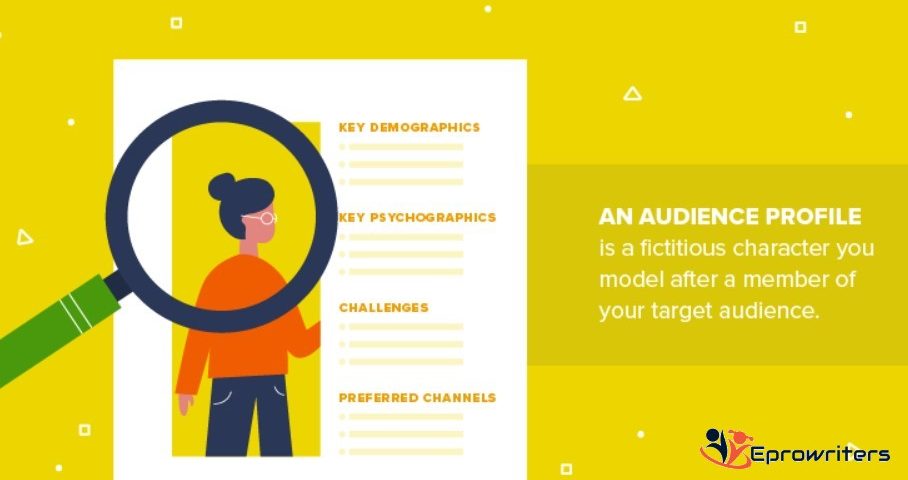- Top Quality Custom Essays
- +1 (628) 201-7932
- eprowriters01@gmail.com
Identify a specific issue on campus that people are discussing or something that you’d like to see changed
Identify a specific issue on campus that people are discussing or something that you’d like to see changed

- Identify a specific issue on campus that people are discussing or something that you’d like to see changed.
Keep your topic as narrow as possible: “Eliminate art as a GE for engineers” rather than “Abolish GEs altogether.” In short, you want an issue you can discuss fairly thoroughly in five short pages. Next, brainstorm evidence and assumptions typically relied on by each “side” in the debate. Take a side, and write to people (skeptical members of the opposition) to convince them to do or believe as you say or to acknowledge that your way of understanding the situation is correct. To do this, you’ll first need to indicate that you understand the various perspectives and what they depend on as evidence and assumptions. I don’t expect (or even want) you to do formal (library) research, but I do expect you to talk to people. Include their voices in your paper (be sure to identify who they are as you do so) and then situate your own voice and views (as refuting, elaborating on, or extending theirs). You may wish to write on the topic you first identified in the informal two-page paper, or you may wish to save that topic for a future paper. Ideally, your position (thesis) should appear in your first paragraph, so your readers know what’s at stake (unless you think you may offend your audience, in which case it might be better to introduce your views “through the back door,” leading up to them slowly but not revealing until the end).
The short version
Find a peer or a campus organization that says something you disagree with, and write an essay (a letter if you wish) to them indicating (gently) where they are mistaken and why they should see things your way or do what you’d like to see done. As Graff puts it in CiA, “Find someone out there you can disagree with [or expose the limitations of], restate his or her point, then put in your own oar” (202). Make sure that it’s clear to your audience why this issue matters.
Note that this last option will be available for every paper. Indeed your research essay or proposal will strongly encourage you to identify a problem on campus and suggest a change.
Need help with this or similar assignment?
- Tell Us Your Requirements: Please provide us with the specifics of your paper so that we may do our best to personalize it. Select the discipline, word count, format, academic level, and other details on the order form.
- Connect with the Best Writer: Consult and collaborate with an expert and complete your paper on schedule.
- Monitor the progress: Control the work process by checking the completed parts of your document right away. You can easily submit your comments by chatting with your essay writer on our website.
- Download Your Paper: Get your paper written according to your specifications. It is important to note that you only pay for an essay when you are completely satisfied with the outcome. Please provide us your feedback about our collaboration.
About Us
Eprowriters.com, and its afilliate blog Eprowriters.net, is a custom essay writing service that has been providing academic support with great success for more than five years. We are constantly updating our objectives in order to improve the quality of service we deliver and increase client satisfaction. We’ve progressed to an original concept as a result of our success.


